City on a Hill
The Sermon on the Mount is found in Matthew 5-7. Jesus preached for 3 full chapters—don’t worry I’m not getting any ideas from that! He begins this sermon with the Beatitudes (Blessed are the…) then he moves on to what that should look like. He tells us we should be salt in this fallen world. In Jesus’ day salt was a preservative. That’s a newsletter or sermon topic for another day.
Then Jesus says this: “You are the light of the world. A city set on a hill cannot be hidden. Nor do people light a lamp and put it under a basket, but on a stand, and it gives light to all in the house. In the same way, let your light shine before others, so that they may see your good works and give glory to your Father who is in heaven.” (Matt 5:14-16)
I doubt these words are new to any of you. But I want us to reflect on them for a minute. As Lutherans we are often taught that we shouldn’t make an outward show of our piety (“when you pray go into your closest and close the door”—Jesus said that in this same sermon, see Matt 6:6). So we're faced with a tension in Jesus’ sermon: Shine your light, and don’t put a basket over your good deeds <— verses —> don’t make an outward show of your piety, just to be seen by others.
Lutherans are Christians who embrace these kinds tensions. In catechism most of us were probably faced with the phrase simul iustus et peccator which is Latin meaning we are simultaneously saint and sinner. Here Jesus is giving us another tension: shine your light brightly, like a city on a hill, and do your good deeds privately, not to be seen by others.
Jesus tells us both things in the same sermon, just a few verses apart from one another. He meant to create a tension—forcing us to wrestle with his words. Hoping we would better understand what he meant because we struggled with it. The key to unlocking this tension is in the attitude of our hearts. Many of the religious leaders of Jesus’ day did their good works very publicly—to be SEEN by others. They wanted the attention to flow to them…they wanted others to see what they did and think of THEM as righteous people. Jesus said God was not at all impressed with such a lifestyle. I suspect we all get that.
However, Jesus doesn’t want his followers to only do the right sorts of things when no one is watching. There is a place for public goodness. He spoke of a city set on a hill which could clearly be seen for miles around at night. Its light shines in the darkness—it is making a public display of its goodness and blessing people in need in the process.
The key difference in these examples isn’t that one does everything anonymously and the other does things publicly. The city on the hill is public and visible. The difference is in WHO gets the glory. The Pharisees were frequently guilty of doing the right things so people would think well of THEM. While the city on the hill type of people do what they do to bring glory to GOD.
A part of our role as Christian disciples, and as a Christian church, is to do the right thing publicly. Not so people think of us as “good people,” but so that God is lifted up and glorified through us. The ELCA has embraced “God’s work, our hands” as a motto of sorts. Its a good example of trying to balance this tension.
A part of our discipleship is to do the right thing—even when people are watching. The trick is to do this so people see us as doing what Jesus wants because he loves them. Shining the light of God’s love into a world that is often dark and cold—not so we look good, but so God looks good.
Pastor Derek
